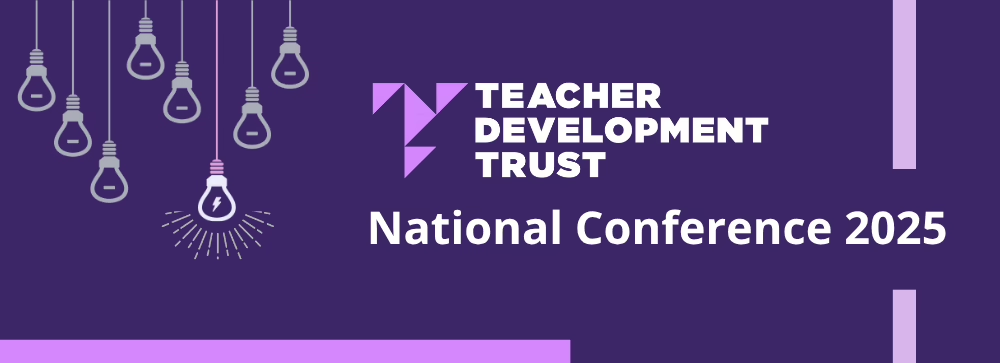There is a huge amount of teacher professional development that is concerned with imparting ‘effective techniques’ for teachers. This is based around the idea that if you show or explain a superior technique then teachers will go away and use it in their classrooms, and that this will improve students’ learning.
Except the sad part is that there is very little evidence that, by itself, simply demonstrating or even practising a technique outside of the classroom will actually improve student outcomes. Indeed summaries of international research are quite clear: one-off workshops (whether within school or external) are, by themselves, extremely unlikely to have any lasting impact on teachers and students.
I’d go further: there is very little evidence that focusing purely on generic teaching techniques is likely to improve student outcomes for most teachers, in most schools. Even if you have top-up sessions, simply repeating sessions to ensure that teachers are ‘performing’ in the correct way seems unlikely to achieve what you want, from the evidence we have around the world.
What Does This Mean?
So what should we do? The existing evidence and TDT’s updated review suggest that for effective (i.e. having impact on students and teachers) CPD we need to:
- identify clear aspirations for student learning and continually clarify where our own students are in relation to these,
- work collaboratively and iteratively to bring teaching theory/evidence to bear on achieving our aspirations within the real-world classroom environment, through collaborative planning, observation, evaluation and discussion,
- engage with external expertise which can challenge and support our iterations as well as our assessment of how well we’re doing (this is the part where a workshop might come in), and
- allow our way of thinking about students and about learning to be constructively challenged and changed.
These characteristics appear to be necessary (if not completely sufficient) to ensure that we’re actually achieving what we want: better teaching and improved outcomes.
So if we are going to have one-off workshops and guides to teaching techniques, let’s use them properly and effectively within much wider processes of focused, collaborative enquiry about improving student learning. Without the bigger picture, we are otherwise probably just wasting time.





